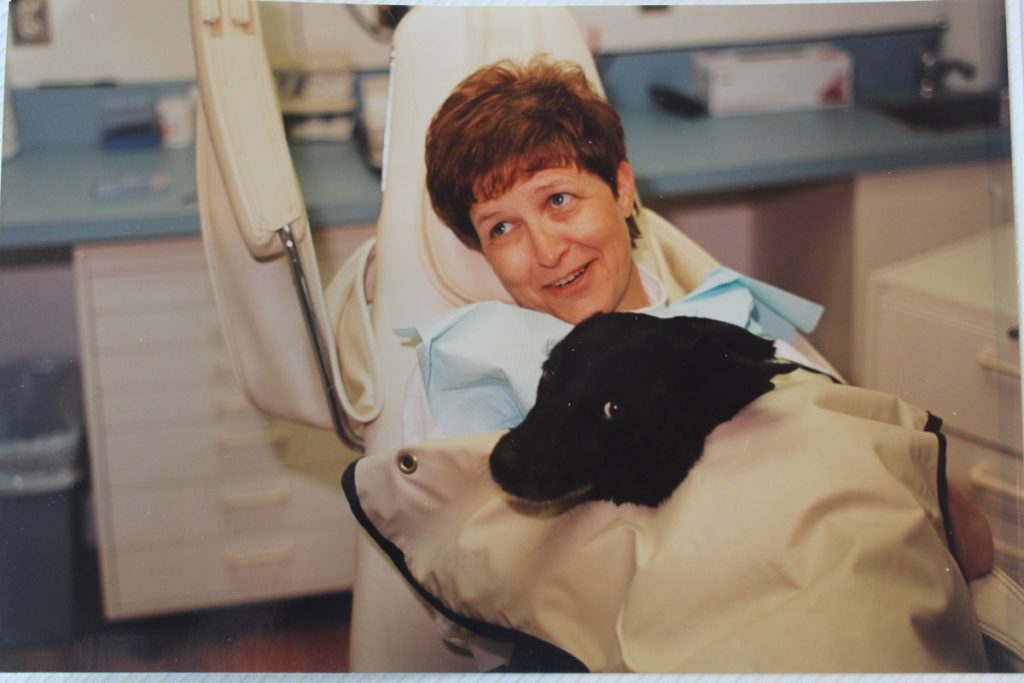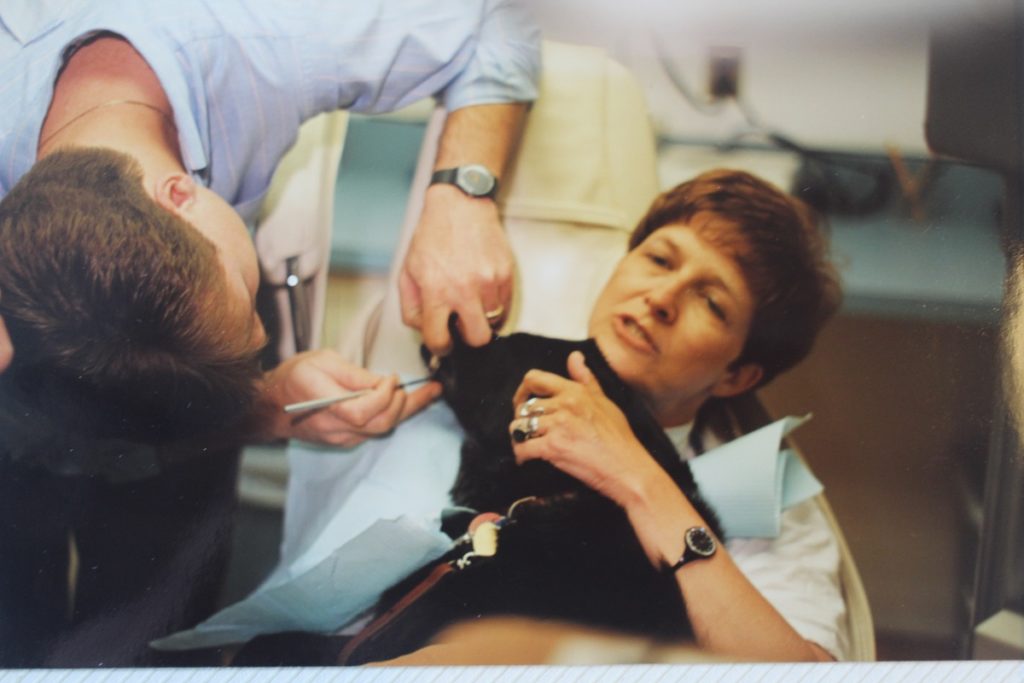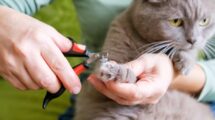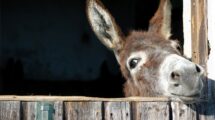Animal Chatter
By Iris Winston
It was becoming obvious that Tasha was having a bad day. Normally quiet and unobtrusive in the house, she couldn’t settle, even on her favourite chair. She seemed thirsty, going to her water bowl several times but drinking only a mouthful or two. She had hardly touched her breakfast—a definite departure from her normal behaviour.

As a sort-of rescue dog, uncertain of when her next meal might appear, she had been a no-nonsense eater since she had moved in a year earlier. And she really did choose us. She had been living with neighbours who seemed to have little time for her, leaving her in a small outside pen with some shelter from a metal roof, most of the time. Whenever she could escape, she did, joining me and my two dogs on a walk or simply running up the road to our house.
I would drive her back at the end of the day, when her people came home from work. She would cower in the car, always reluctant to return to the pen with the metal roof. (All her life she remained terrified of thunder, heavy rain and loud noises.) The visit/return routine continued until her former owners finally shrugged their shoulders and decided Tasha would be happier with us—just as she had told them months before.
Soon afterwards, we moved to the other side of the country—an interesting drive with three dogs and a cat. The animals settled into their new home and all was well until Tasha’s day of discomfort.
Because the problem seemed to be worse when she tried to eat or drink, I thought that she had some kind of dental problem. The next question was what to do about it. Today, veterinarians place a great deal of importance on pets’ oral health, but there was less publicity about the close relationship between oral and overall health in animals three or four decades ago, particularly in rural areas.
I was lucky. My own dentist, newly qualified and a dog lover, agreed to check Tasha’s teeth after hours. So, I lay back in the dental chair with Tasha, a Shepherd cross, on my lap and a lead apron covering both of us. The dentist probed in Tasha’s mouth, while she licked his hand. He located the problem and took an X-Ray to confirm that the crack in the tooth that was causing her pain was not too deep. He was able to fill and seal off the damage.

Tasha and I waited in the chair until we had permission to leave. Then I took her home. She ate a hearty supper and the tooth apparently never bothered her again.
Effective as the treatment turned out to be, Tasha could not have gone to a human dentist today—not even after hours. However, looking after our pets’ teeth and gums has become an important part of veterinary care, just as the connection between oral and overall health is a key part of human medicine.
Without regular cleaning, cats and dogs can develop a build-up of plaque and tartar, gingivitis, periodontal disease, tooth decay and bad breath. Because animals tend towards stoicism, they can be in a lot of pain before their owners become aware of their suffering.
This is why it is important for cats and dogs (particularly small dogs who tend to have more issues with their teeth than large dogs) to have their teeth and gums checked by a vet at least once a year.
February is Pet Dental Health Month, a time when vets particularly draw attention to the importance of having pets’ teeth and gums checked and cleaned. Many vets offer special prices for oral treatment during the month and all emphasize the importance of oral health throughout the year. They also encourage clients to make regular tooth brushing part of their animals’ daily routine just as it is part of their own.
For pets who are not compliant when it comes to having their teeth brushed, alternative treatments include special kibble and some dental chews.
If she were still here, Tasha would add a paw of approval to routine dental care for pets everywhere.
Almonte, Ontario, writer Iris Winston is a former executive director of the Canadian Federation of Humane Societies. She has been an animal lover all her life. Her pets have always been important members of her family.






